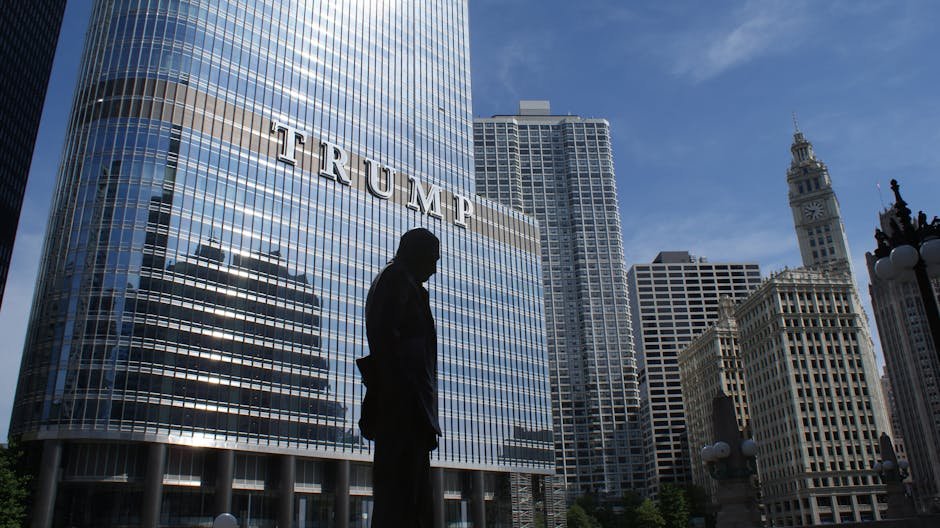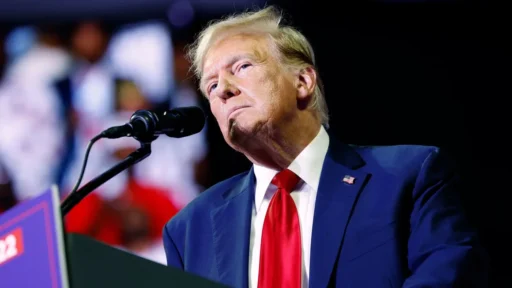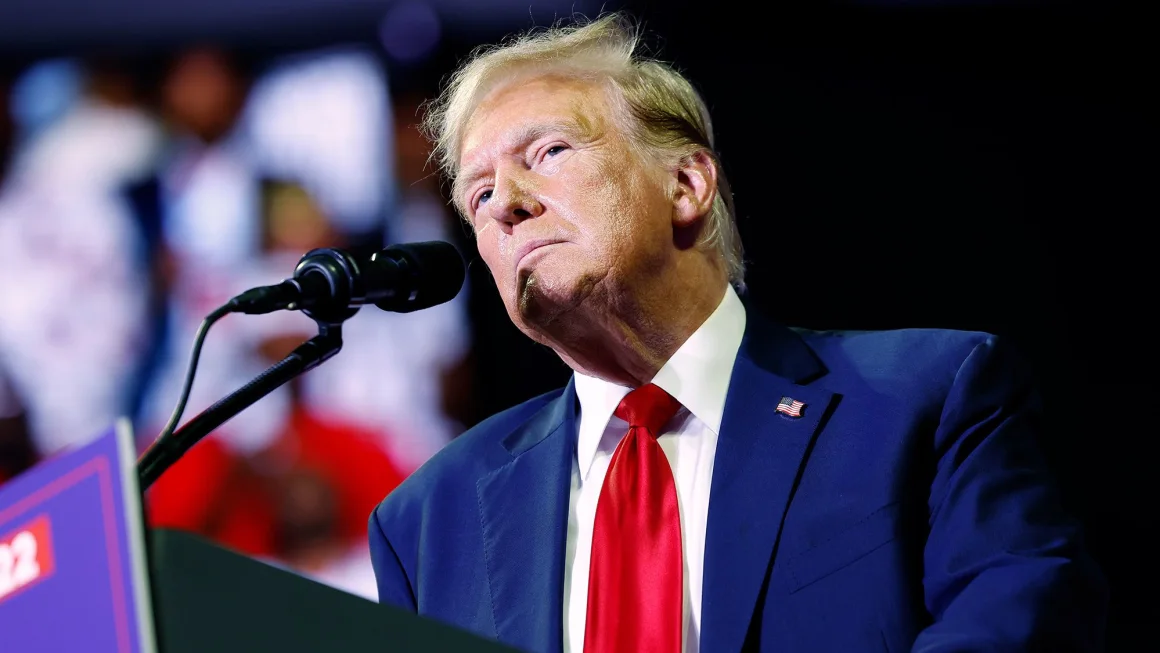-
Table of Contents
Meta’s recent decision to reinstate former President Donald Trump’s accounts on Facebook and Instagram has sent shockwaves through the social media landscape and political sphere. This move, which comes after a two-year suspension, has reignited debates about free speech, platform responsibility, and the role of social media in shaping public discourse. As we delve into the implications of this decision, it’s crucial to understand the context, potential consequences, and the broader issues at play.
The suspension of Trump’s accounts in January 2021 came in the wake of the Capitol riots, a tumultuous event that raised serious questions about the impact of social media on political polarization and the spread of misinformation. Meta, then known as Facebook, cited concerns about the risk of further violence as the primary reason for the unprecedented action against a sitting president. Now, as the company lifts these restrictions, it’s worth examining the factors that led to this reversal and what it means for the future of social media moderation.
The Road to Reinstatement

Meta’s decision to lift the restrictions on Trump’s accounts didn’t come out of the blue. The company had established a two-year timeframe for reviewing the suspension, during which it consulted with experts, policymakers, and civil rights groups. This process aimed to balance the principles of free expression with the need to maintain a safe online environment.
Throughout this period, Meta faced intense scrutiny from both sides of the political aisle. Critics of the ban argued that it infringed on free speech and set a dangerous precedent for corporate control over public discourse. Supporters, on the other hand, maintained that the suspension was necessary to prevent the spread of harmful misinformation and protect democratic institutions.
The company’s Oversight Board, an independent body established to review content moderation decisions, played a crucial role in shaping the outcome. While the board upheld the initial suspension, it criticized the indefinite nature of the ban and called for clearer policies regarding high-profile users. This feedback prompted Meta to develop a more structured approach to handling similar situations in the future.
The New Landscape
As Trump’s accounts are reinstated, the social media landscape looks markedly different from when he was last active on these platforms. The rise of alternative social media sites, changes in user behavior, and evolving content moderation policies have all contributed to a shifting digital ecosystem.
During his absence from mainstream platforms, Trump launched his own social media platform, Truth Social. While this venture has struggled to gain the same traction as established networks, it demonstrates the potential for fragmentation in the social media space. The reinstatement of Trump’s accounts on Facebook and Instagram could impact the future of these alternative platforms and influence how users engage with different social media ecosystems.
Moreover, Meta has implemented new safeguards and policies to address concerns about potential misuse of the platform. These measures include heightened penalties for repeat offenses and restrictions on content that, while not explicitly violating community standards, could contribute to the type of real-world harm witnessed during the Capitol riots.
Implications for Political Discourse
The reinstatement of Trump’s accounts raises important questions about the role of social media in political campaigns and public discourse. With the 2024 U.S. presidential election on the horizon, the decision could have far-reaching consequences for how candidates communicate with voters and how information spreads online.
Trump’s previous use of social media was characterized by an unfiltered and often controversial approach that garnered significant attention and engagement. His return to these platforms could reignite debates about the responsibility of social media companies in moderating political speech and the potential for these platforms to be used as tools for spreading misinformation or inciting unrest.
Political analysts and campaign strategists will be closely watching how Trump utilizes these reinstated accounts and how his presence impacts the broader political conversation. The effectiveness of Meta’s new safeguards in preventing the spread of harmful content while allowing for robust political debate will be put to the test.
The Broader Context of Content Moderation
Meta’s decision to lift restrictions on Trump’s accounts is part of a larger conversation about content moderation and the power of tech companies to shape public discourse. This move comes at a time when social media platforms are facing increased scrutiny from regulators, lawmakers, and the public regarding their policies and practices.
The challenges of moderating content at scale, balancing free expression with safety concerns, and addressing the spread of misinformation are not unique to Meta. Other major platforms like Twitter, YouTube, and TikTok are grappling with similar issues, each taking different approaches to content moderation and user policies.
The reinstatement of Trump’s accounts could influence how other platforms approach similar situations in the future. It may also impact ongoing discussions about potential regulations for social media companies and the need for greater transparency in content moderation decisions.
User Reactions and Platform Dynamics
The response from users to Trump’s potential return to Facebook and Instagram will be crucial in determining the impact of Meta’s decision. Some users may welcome the move as a victory for free speech, while others might express concerns about the potential for increased polarization or the spread of misinformation.
How users engage with Trump’s content, should he choose to become active on these platforms again, will provide valuable insights into the current state of social media dynamics. It could influence trends in user behavior, content creation, and engagement patterns across the platforms.
Moreover, the decision could affect how other public figures and influencers use social media, potentially leading to changes in how they communicate with their audiences and navigate platform policies.
The Future of Digital Public Squares
As we consider the implications of Meta’s decision, it’s important to reflect on the broader role of social media platforms as digital public squares. These platforms have become integral to how we consume information, engage in public discourse, and participate in democratic processes.
The reinstatement of Trump’s accounts highlights the ongoing tension between the ideals of open communication and the need for responsible content moderation. It raises questions about who should have the power to make decisions that can significantly impact public discourse and how we can ensure that these digital spaces remain both free and safe.
Looking ahead, the tech industry, policymakers, and society at large will need to grapple with these complex issues. Finding a balance that protects free speech while mitigating the risks of harmful content and misinformation will be crucial for the future of social media and its role in our democratic society.
Conclusion
Meta’s decision to lift restrictions on Trump’s Facebook and Instagram accounts marks a significant moment in the ongoing evolution of social media moderation and digital communication. As we navigate this new chapter, it’s essential to remain vigilant about the potential impacts on political discourse, user behavior, and the broader social media landscape.
The coming months will reveal how this decision plays out in practice, providing valuable insights into the effectiveness of Meta’s new safeguards and the changing dynamics of online political engagement. As users, citizens, and participants in the digital age, we all have a stake in how these platforms shape our public discourse and democratic processes.
Ultimately, the reinstatement of Trump’s accounts is not just about one individual or one company’s decision. It’s a reflection of the complex challenges we face in balancing free expression, public safety, and the integrity of our information ecosystem in the digital age. As we move forward, continued dialogue, critical thinking, and active engagement from all stakeholders will be crucial in shaping a digital landscape that serves the best interests of society.
In this ever-evolving digital world, staying informed and engaged is more important than ever. As we witness the unfolding impact of Meta’s decision, let’s remain committed to fostering a healthy, diverse, and responsible online environment that upholds the values of free speech while protecting against the spread of harmful misinformation and rhetoric that could undermine our democratic institutions.






